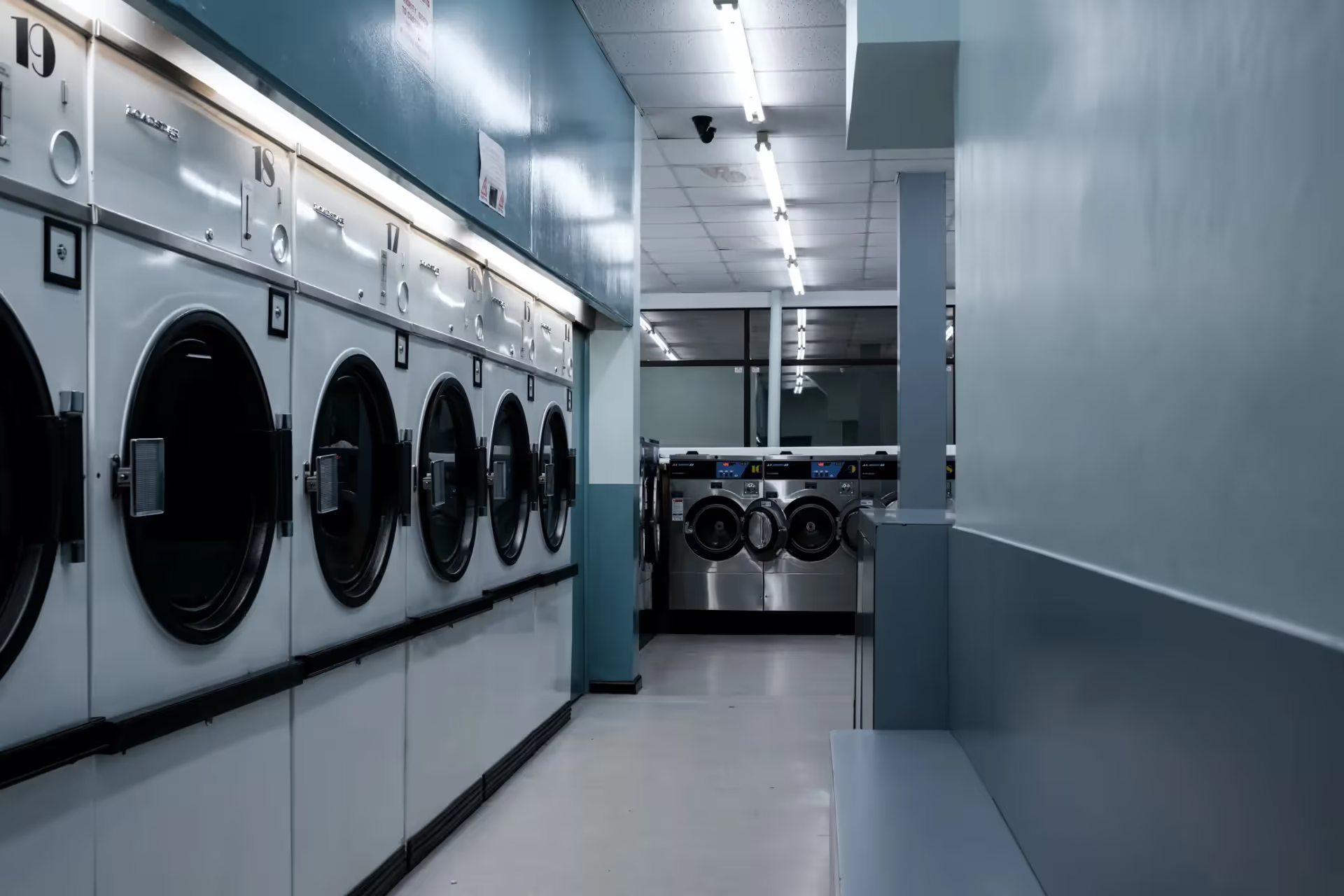Plastic pollution has quickly become one of the most pressing environmental issues that humanity has ever faced.
Plastic crafted from fossil fuels was introduced a century ago, and still, it has proliferated in our lives, like a pandemic. Plastic production increased from 2.3 million tons in 1950 to 448 million tons by 2015, and this is expected to double by 2050. Devastatingly, each year about 8 million tons of plastic escapes into the oceans from coastal nations. Even though plastic is now found everywhere, from in our food to in our water, this is not the reason we can’t get rid of it. Creating a plastic-free world requires engagement from all stakeholders of climate change to actively take steps which promote a plastic-free life.
At Plan A, we believe that reducing our plastic waste starts with us and our habits at the office. A plastic-free office enables businesses to reduce their carbon emissions and create a sustainable employee culture. Today is World Environment Day and the global campaign this year is focusing on solutions to beat plastic pollution. We have many ideas to do just that; so, this article will give an overview of the impact plastics have, the policies that aim to reduce such harm, and a comprehensive guide on how to reduce plastic in every aspect of your office, and home life!
The environmental impact of plastics

Credit: Unsplash
What is plastic, after all? How can such material be used for multiple purposes? From pipes, forks, packaging and literally, every thinkable object? The word plastic is derived from the ability to be malleable and moulded almost infinitely to take any desired form. This characteristic is called plasticity.
Plastics are a family of materials that are made up of polymers. A polymer is a huge molecule made of a repetition of the same grouping of atoms. Put one after the other, they create a pretty massive complex that is easy to manipulate, mould and alter. On the other hand, these structures are very hard – almost impossible – to digest and decompose organically.
Single-use plastic products (SUPs) are used once, or for a short period, before being thrown away. Some common examples include balloons, meals packaging, beverage packaging, straws and cutlery. Accordingly, the 10 most commonly found single-use plastic items on European beaches, alongside fishing gear, represent 70% of all marine litter in the European Union.
Beyond the vast impact of plastic production upon greenhouse gas emissions; single-use plastics cause detrimental harm to the environment, marine life and humans due to their vast lifecycle, in which plastics photo-degrade to become microplastics - absorbing toxins and polluting the environment.
Meanwhile, a 2017 study revealed Germany produced 346,831 tonnes of waste from disposable tableware and to-go packaging alone. This study also found that Germans consumed 320,000 disposable cups for hot drinks every hour – and these accounted for only one fifth of the total waste from disposable products. The impact of such consumption is illustrated within 50% of the waste collected from EU beaches consisting of disposable products.
Infographic: The state of plastic pollution
.webp)
Credit: Plan A
The policies aimed to reduce the impact of plastics
Which policies has the EU already implemented to minimise such risk?
In 2021:
- As of the 3rd of July 2021, the production of disposable plastic cutlery, crockery, drinking straws, stirring sticks, cotton buds and balloon wands was no longer permitted within the EU. The same applied for to-go beverage cups, fast food packaging and disposable food containers made of polystyrene
- In addition to the ban on single-use plastic, recycling and reusable packaging are therefore playing an increasingly important role. Since the Packaging Act of 2021 came into force, around 50% more plastic packaging is being recycled.

Credit: OECD
In 2022:
- In 2022, an important breakthrough was achieved at the UN Environment Assembly (UNEA), stating that a legally binding agreement on the environmentally sound use of plastic is to be concluded by 2024.
- Alongside this agreement, disposable carrier bags were prohibited, meaning certain plastic bags are no longer allowed to cross European shop counters. Since then, there has also been a mandatory deposit on disposable drinks bottles, which will also be levied on plastic bottles of milk drinks beginning in 2024.
- Also in 2022, the EU decided that all EU citizens have a "right to repair". The law is intended to make goods more durable and repairable. After all, 77% of EU citizens would rather have their appliances repaired than replaced. That makes sense as in 2019, for example, more than 53 million tonnes of e-waste were thrown away worldwide.

Credit: MDPI
These policies have been implemented in line with the European Union’s targets of:
- 77% separate collection target for plastic bottles by 2025, increasing to 90% by 2029.
- Incorporating 25% of recycled plastic in PET beverage bottles from 2025, and 30% in all plastic beverage bottles from 2030.

A historical overview of marine litter and plastic pollution laws
Credit: United Nations
What plastic-related policies are the EU set to introduce from 2023 onwards?
- The proposed revision of the EU legislation on Packaging and Packaging Waste comes into play in 2023. This legislation aims to put the packaging sector on track to climate neutrality by 2050.
- Furthermore, caterers, delivery services and restaurants must also make their contribution to waste prevention. From 2023, they must offer reusable containers as an alternative to single-use plastic for take away food.
- In 2025, disposable beverage bottles must also be made from at least 25% recycled plastic.
What are the key implications of these policies for plastic producers and the industry?
In summary - for the industry, the new policies will create new business opportunities, especially for smaller companies, decrease the need for virgin materials, boosting Europe's recycling capacity as well as making Europe less dependent on primary resources and external suppliers. They will put the packaging sector on track for climate neutrality by 2050.
To meet ambitious net-zero targets and net-positive aspirations, the plastics industry will rely on three key factors: speed, people and policy. But achieving these goals will ultimately form a competitive advantage for Europe and will mean significant progress in the fight against climate change.
Therefore, the next three to five years will be critical in determining whether the plastics industry can decarbonise by the middle of the century.
10 key steps to reducing plastic
The essential rules for a plastic-free office
1. Communicate the dangers of plastic
The human body is organic, not plastic. However, plastic contains a large number of toxins and micro-particles that enter your system. A recent study conducted by Environmental Science and Technology journal found that humans consume around 5g of micro-plastic each week - the weight of a credit card. Therefore, communicating the dangers of plastic to all stakeholders of climate change, such as your team at work, is absolutely vital to collaboratively creating a plastic-free world.
2. Use tap water
Nearly 40% of bottled water is reprocessed tap water, meaning tap water is a sustainable alternative to bottled water. Not only is tap water cheap and plastic-free, it tastes exactly the same - if not better- than bottled water. As such, installing a drinking water filter in the office is a key step to phasing out plastic.
3. Work clean
Whilst common office stationery such as notebooks and pens are often essential to everyday activities, most of these tools are composed of plastic. Therefore, becoming a conscious consumer by choosing sustainable alternatives such as recycled paper, bamboo pens and digital alternatives is a fundamental step to reducing the environmental harms of plastic. Take initiative and talk to your office manager about replacing plastic-heavy office tools with sustainable alternatives.
4. Go zero waste in the loo
Liquid soap utilises vast amounts of plastic packaging, whilst its production requires up to five times more energy than a solid soap bar. As such, switching to solid soap bars is a cheap, easy, and sustainable alternative.
5. Replace single-use cutlery
Plastic forks and knives that will last for your lunch-time will take hundreds of years to decompose. Meanwhile, the Ocean conservancy lists cutlery as the most dangerous items to sea turtles and birds. Therefore, bringing reusable cutlery from home, or switching to sustainable alternatives such as bamboo cutlery, is key to reducing the impact of plastic upon not only biodiversity, but the planet.
6. Switch to Tupperware
As mentioned above, switching to plastic-free alternatives is key to reducing the harm of plastics on animals, humans and the wider planet.
7. Upgrade your snack time
Not only do processed foods make you unproductive and crave more unhealthy snacks, they are typically linked to carbon-intensive production, and wrapped in plastic. Choosing local fruits over fast foods will therefore improve your own wellbeing, whilst reducing your carbon footprint and improving the wellbeing of the planet.
8. Buy more bulk food and fewer packaged products
Purchasing groceries in bulk is key to minimising single-use plastics, which pose a significant threat to the environment. Purchasing in bulk should be done with limitations to ensure items are not wasted.
9. If you go shopping, remember to take a cloth bag
Getting into the habit of bringing a cloth (tote) bag with you when going shopping will not only save money, but using your own sustainable alternative bag is key to reducing the vast environmental footprint of single-use plastic bags.
10. Recycle what's left
At Plan A, we believe in reincarnation. Recycling is absolutely critical to reducing the amount of waste sent to landfills and combustion facilities; conserving natural resources, such as timber, water and minerals; and preventing pollution by reducing the need to collect new raw material. Therefore, it is highly recommended that you install recycling bins in the office for different purposes (e.g. cans, bottles, lids), and that you encourage team members to recycle their waste.
Book a demo with Plan A for assistance in developing a sustainability strategy that adheres to the forthcoming regulations, and helps your business ascertain a competitive advantage in a market defined by increasing environmental concerns.








